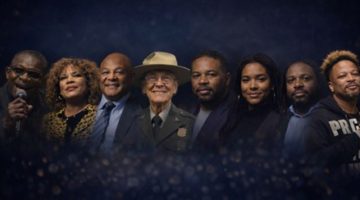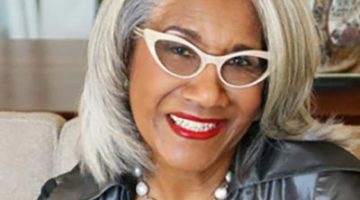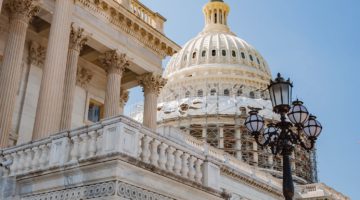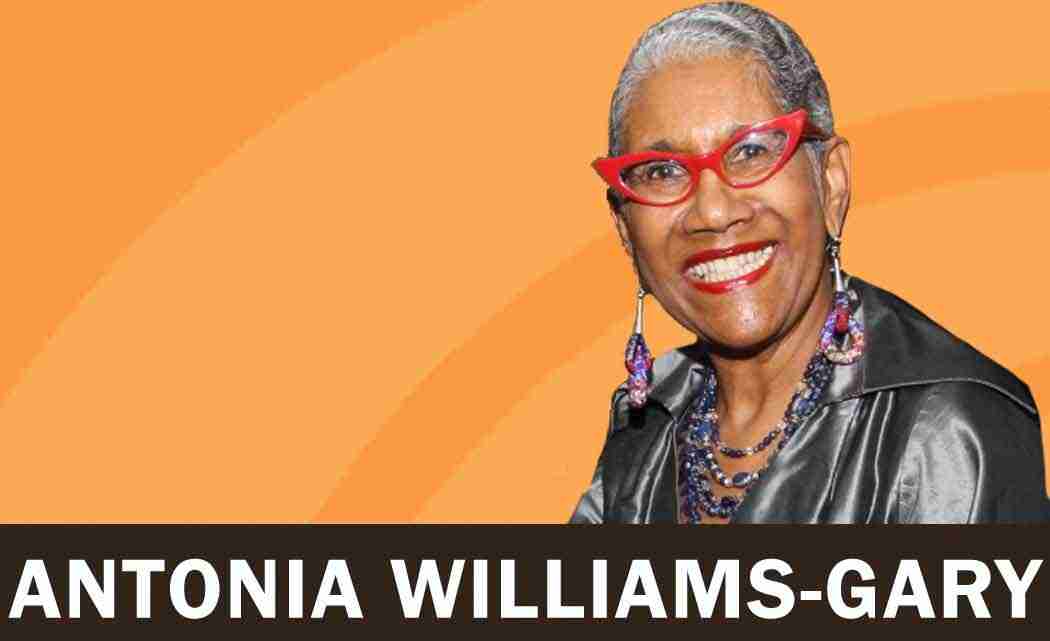Like so many others, I went in search of my roots.
So, I sent in a bit of my saliva to Ancestry.Com to have my DNA tested, and to verify what I already knew: I am not 100 percent African! Imagine.
Once I got over that shocking revelation (you can giggle here), I reignited a long-running internal dialogue: Why was knowing about the balance of my DNA contributors important?
I had already bought into the narrative that white men raped my black female ancestors; there has never been any room in my consciousness to harbor any positive feelings toward them, at all.
Yet, there were members of my family who seemed to embrace their non-African ancestry. Bragged about it. Pointed it out in the offspring, etc.
Every three years at my dad’s family reunion, we display a huge family tree, along with photos, and tell well-rehearsed stories to each new generation, about the origins of our four branches; Williams, Waymer, Carrion and Murray. Some of those ancestors were white. Most importantly to me, they chose to live black.
Their stories are “colorful,” to say the least. Often, and much to their chagrin, my dad greeted his siblings, cousins, and other family members with a hearty shout, “Hey, all you half breeds.’ Several did not like that.
Then there is the photo of my mother’s father- tall, blond, blue eyed, and in death, mistaken for white; married my grandmother-short, dark brown, undeniably “Negro.”
So what compelled me to join legions of others for the ‘missing’ DNA?
I am not particularly concerned about any rare or challenging inherited health matter that I needed DNA to disclose; I don’t care about what physical traits my children/grand children might exhibit beauty is in the eye of the beholder; I am not concerned about outward markers of acceptance into the common society, i.e., I believe that all hair is good, and black is beautiful.
I already knew who I was, and where I came from.
So, where did my drive to have my DNA ‘tested’ come from?
Curiosity?
Validation?
Acceptance?
Also, Meghan Markle’s recent marriage to Prince Harry has sparked questions; about what it means to be black- anywhere in the world.
The obvious notwithstanding, as an African American, I have always wanted to know more about the ‘others’ who contributed to my genetic pool, but only to verify the stories I had been told about certain members of my family, and to better understand some of their choices.
For instance, why did some ancestors go “white,” or how did/does the one-drop rule affect personal life-choices?
Can DNA reveal why some joined rebellions, while others stayed on the farm?
What about how my female ancestors responded to the outside world. Was it an inside job (DNA) that kept some in bad marriages, while others divorced and raised their children on their own?
I just completed reading “The Black Calhouns” by Gail Lumet Buckley, daughter of Lena Horne. Throughout the pages, detailed physical descriptions are given of the Calhouns: the women are pretty, the men handsome; their skin tones range from brown to near- white; they are proud. Their main source of pride? Almost to a person, they were significant members of their societies- entrepreneurs, political influencers, poets, philanthropists, mostly ‘higher’ educated.
Throughout the book, Buckley draws parallels between her southern and northern branches, the implications of culture having the most influence on their lifestyles, especially the women. Buckley’s Southern belle relatives lived under a unique set of codes and expectations, and while wealthy, graceful, and educated, they remained insulated by the limits imposed under Jim Crow laws, and long-standing southern traditions.
Nevertheless, the family left their marks, north and south.
Why is this important?
They all shared the same DNA. As my dad would say, “They came from good stock.”
And that has remained an open question for me: which part of the stock is good? The African? The European? Or some magical combination?
We know, scientifically speaking, there is no such thing as race. The DNA that marks racial characteristics is not significant in human beings.
That being said, we still treat race, and racial inheritance as valuable.
Why? If you look at the athletes who compete from around the world, African descended people are beginning to excel in unusual events: swimming, fencing, luge, etc.
Your first response might be that blacks have more physical ability. Look again. I say, once given the opportunity, we do excel. But is that nature or nurture?
I believe that after 400+ years in this new world (outside Africa), our gene pool has accumulated a collection of traits for survival, tenacity, bravery, courage, initiative, and the will to excel against impossible odds.
I am eager for additional research to determine how our various mixtures of DNA actually works. And, for those of you in search of your ancestry, I hope you find much of it from Africa. I’m betting on that being the good stock! Toniwg1@gmail.com










No Comment